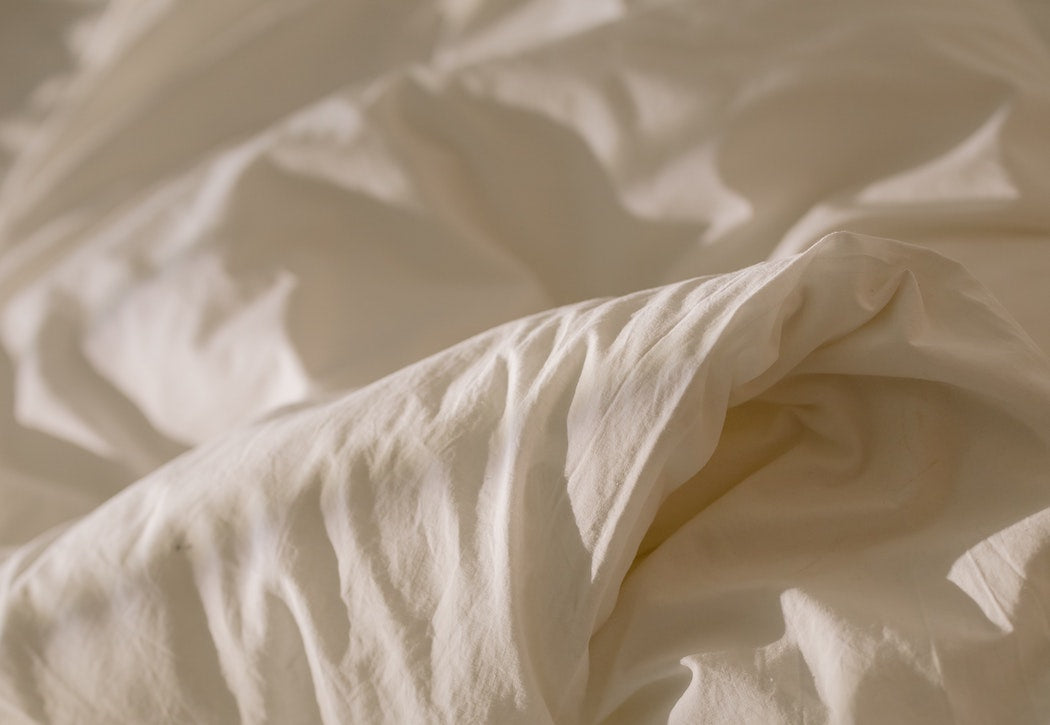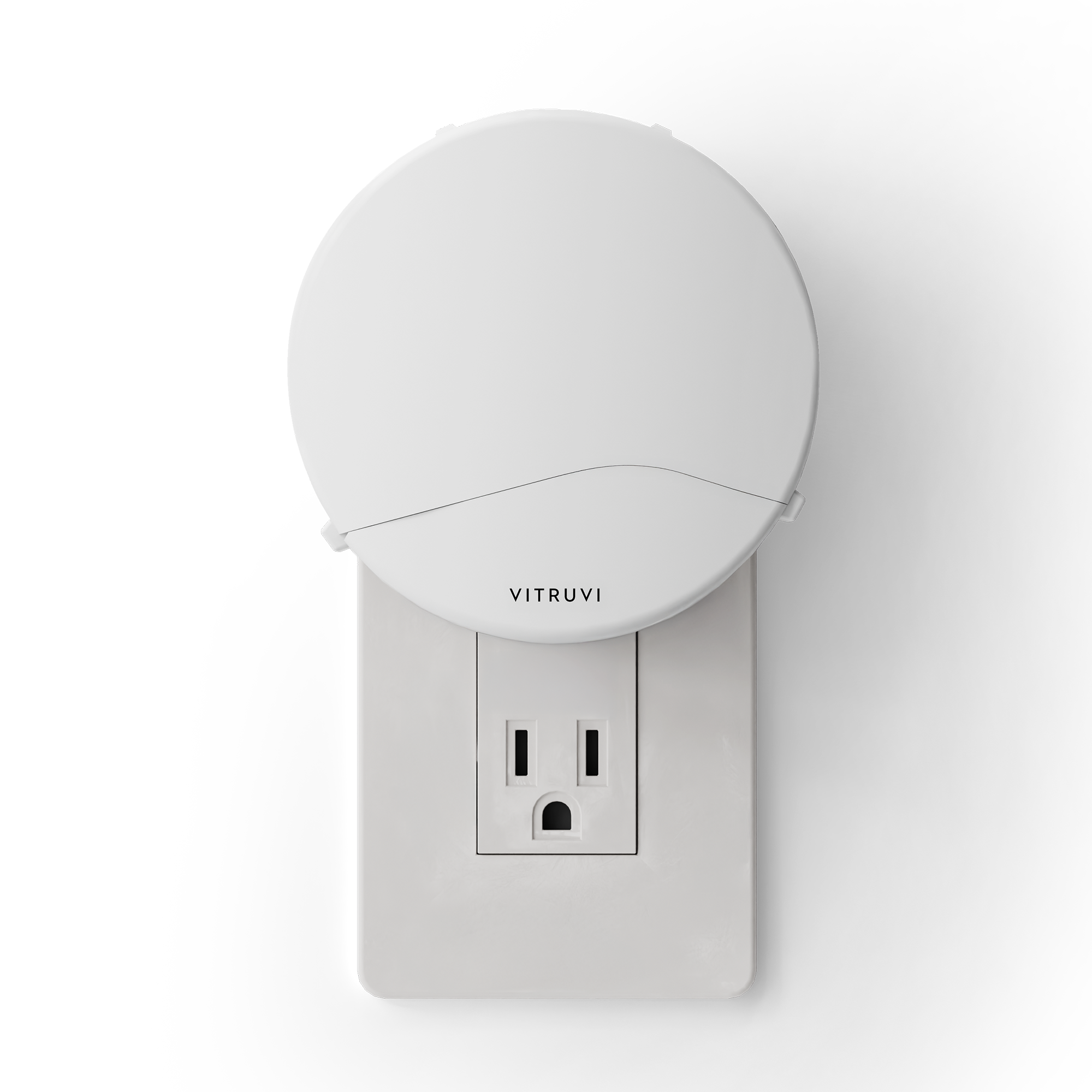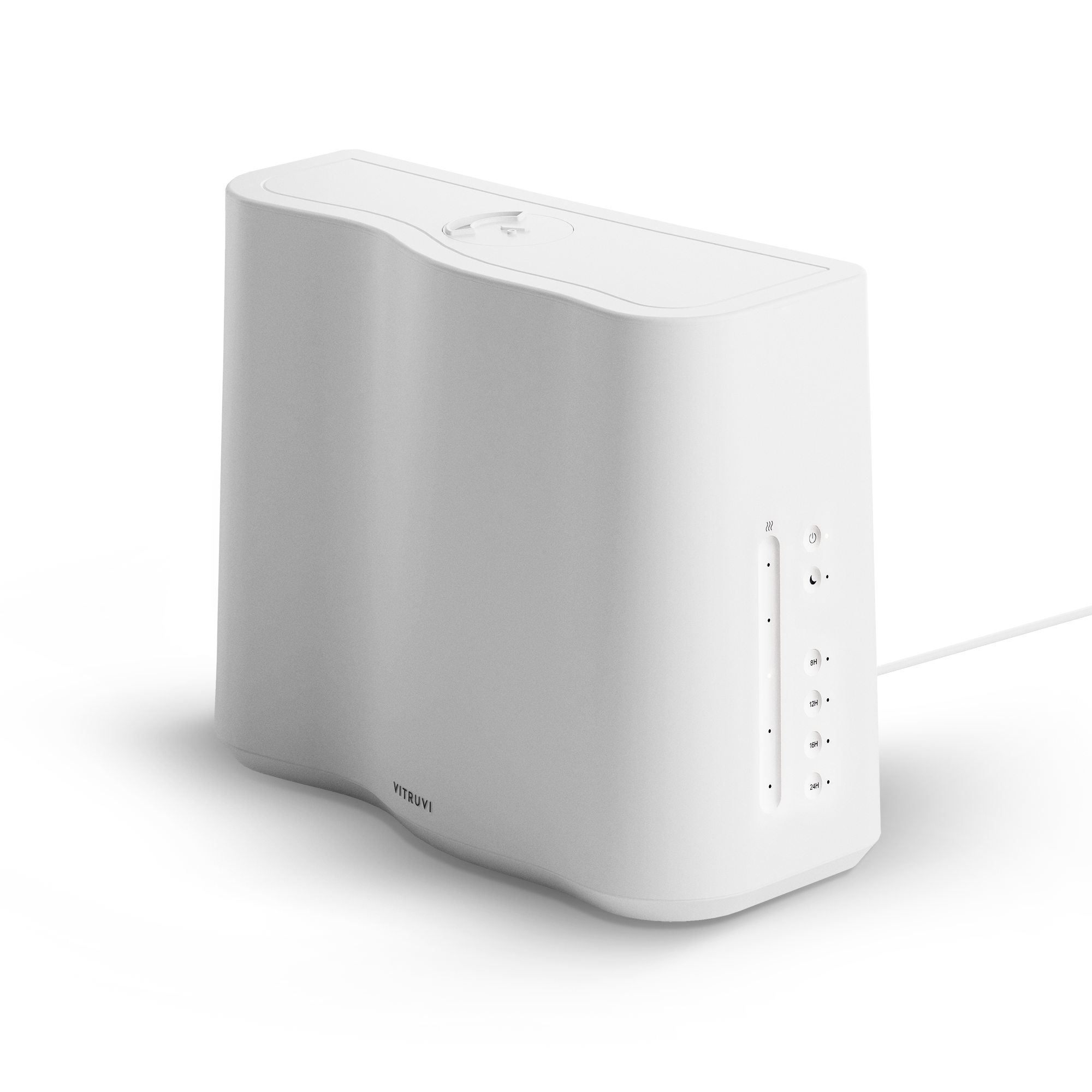Jen Batchelor has been waxing poetic on the benefits of adaptogens and nootropics for years. And the world is finally catching up with her.
She launched Kin Euphorics—a line of non-alcoholic beverages made with adaptogens (which help the body’s reaction to stress) and nootropics (which help the brain’s cognitive function)—in 2018, but in 2021 the brand properly exploded onto the scene. Between the pandemic forcing us to find new ways to entertain ourselves and focus, and our ballooning interest in wellness and curiosity in sobriety, Kin quickly became a poster child for new-wave beverages. When the company announced that supermodel Bella Hadid was coming on as cofounder, things started to, well, vibrate at a higher frequency.
Kin’s collection includes grounding Lightwave: a delicious mix of vanilla, ginger, and a hint of lavender that sweetly calms the mind with soothing nootropics and stress-helping adaptogens; or there’s Kin Spritz, which tastes herbaceous with ginger, hibiscus, warm spices, and citrus and works to awaken cognitive function thanks to nourishing botanics and balancing adaptogens. Coming in short cans wrapped in dreamy color gradients, Kin is an intentional experience the whole way through.
From her home in Austin, Texas, Batchelor discusses true euphoria, the power of adaptogens, and working with Hadid.
Let’s start with your childhood. How did your upbringing inform your worldview?
It was everything. It was the way that I grew up with my mom’s family and that Cuban French heritage, and very much growing up in a household of hosts: my grandmother, my mom’s four sisters, my mom. But then also it was moving to Saudi Arabia when I was very young. My dad had been there already for a few years. When you’re a married man working for the kingdom, you get a family home. He was by himself, but he had a three-bedroom house and needed to fill the rooms, apparently—so he essentially built a distillery out of the house and was brewing beer and desert moonshine, which is called sidiki, and wine. And not only was he very good at it, but he was also very good at hosting. The consummate host, always having people over; he ended up building an English pub, and it was a party house for sure. So by the time my mom and I got there three years later, it was the center of town—it was the watering hole for everyone. Of course, there are so many nuances to that; it was very illegal, and Saudi is still under prohibition today. But it was fun. It just meant that we were immediately plugged into a great community. It was a front-row seat to the power of drink and bringing people together.
How did you discover the world of adaptogens and learn about the positive effects they can have in beverage form?
It was very much, again, in the family. I ended up losing my grandmother to type two diabetes when she was in her late fifties. My parents are very young; they had me when they were 17. So I was 20 by the time my grandma passed, and then I think what dawned on me at that time really was that I didn’t have a good understanding of how my body worked.
So I just basically did nine months of no alcohol, no sugar, no meat, nothing processed. I completely purified my existence, just trying to learn.
I didn’t really get introduced in a real way to adaptogens until I studied them and the ayurvedic science behind them. There are 3,500 years of documented scientific texts. And using adaptogens in more of a healing way helped me unlock the power of them. Where it ties back to drink is really that I was shocked there weren’t more drinks with adaptogens once I learned the power of them. And the power really is helping us to return to self.
From there it was: what ingredients do we have at our disposal? What methodologies, what science, what biotech do we have? And then can we pull in these philosophies to help triangulate a mood from the belly to the brain? Adaptogens happen to be very powerful in helping us recalibrate. So: lower cortisol, and then you can induce a state once you’re stress-free. Your parasympathetic nervous system is now open to creativity, joy, empathy, sex appeal. And then I just wanted to create something for every social occasion—every social ritual or solo ritual.
How did that period of no alcohol, no sugar, and nothing processed transition into the lifestyle you have now? How do you balance that mindfulness of health and consumption with everyday life?
I came to this conclusion that the best life is everything in moderation—including moderation. And there’s a bit of an 80/20 rule in ayurveda that’s like: you can’t live perfectly every time, and trying is actually unhealthy.
I realized that sort of purity can generate a sense of apathy and stagnation within ourselves. And that introducing things that keep it interesting actually makes us thrive. So I’m much less strict than during that experiment, and am not religious about anything. I don’t love titles, either; they can be sort of a slippery slope as well. With Kin, we’ve been on the market for three years, and I’ve met all these amazing people who are like, “I don’t know where I fall on the [sober] spectrum and I don’t care. I just want to feel good.”
What’s the Kin journey been like for you so far?
It’s been amazing to watch, because the world is totally opening up to this idea. Whereas in 2018, we went to market very simply as an alcohol alternative. We were just trying to drive this idea that: okay, yes, there are mocktails, and then there’s this other thing that’s possible. And trying to validate that as its own category was its own amazing bag of tricks. Then we got hit with a global pandemic.
We started asking our guests what they were doing [with Kin]. They were like, “I haven’t even been waiting until happy hour to have my Kin. I love it so much, it makes me feel so good. I’m drinking it instead of coffee at 10 or 11 a.m.”
People caught on to the fact that when you lower stress, but harness focus and actually nourish your cognition, you can sit and have a really relaxed focus session of work, or you can sit and have an enjoyable conversation with a colleague. It kind of took the monotony out of the pandemic, I think, especially early on for people. So that was a lightbulb moment for us.
And then Bella [Hadid] came to us last October, saying, “Hey, this is how I’m using Kin. Can I help you grow this business? Because I love it. I love what you’re doing.” And the rest is sort of history from there.
Obviously it’s different for everyone, but can you explain how you feel when you drink Kin?
That’s the trick with adaptogens—they kind of serve you where you need to be served. I think for me, though, the way that I use Kin is very yin and yang. It’s to support yang when I need that boost of energy, or when I need to feel more in my power. I certainly have a Spritz or two; I don't like drinking coffee after 10 a.m., so if I need a boost I’ll definitely go for a Spritz.
And then Lightwave. You know when you feel like your head is buzzing? I love to come back into my body and just ground down a little; I literally will have a Lightwave and just stand outside. That is my comedown, that is my return back to center to ease into my evening. And then there’s not a night that goes by that I don’t have Dream Light with a little milk and cinnamon and honey. I have an infant; she’s seven months and I need help sleeping. So that is the perfect Kin day for me. And then if I’m out, I love working with bartenders to come up with really fun recipes for High Rhode drinks. I’ve been crazy-inspired by the mixology in the world and how people use High Rhode, which is the counterpart to Spritz.
In terms of Bella Hadid, what made her such a great partner for you?
She doesn’t want to be defined by just fashion. I think that, number one, is really beautiful, and that her intention aligns in terms of where she wanted to spend her energy. So that was really important to me. I didn’t just want a pretty face that was going to endorse the company, and she didn’t want to be that, either. It was in the first 30 seconds of meeting that I was like, “Alright, we’re done—we’re good.”
She had no demands for us; it was the humility that she brought to the table. She was like, “If you’ll have me, I want to help you grow this.”
Aside from Kin, what else do you do to come home to yourself?
I was listening to a podcast the other day with a neuroscientist at Stanford, Dr. Huberman. And he had this really fascinating research that he was sharing around: just the simple act of looking up and changing your purview from micro, super focused looking down, to taking a horizontal vantage and actually, literally your periphery—being in a place where mentally you can see the sides around you—actually opens the aperture of your mind.
It slows your heart rate. It actually makes you breathe deeper. I thought that was so fascinating. Like, what a cool hack. And now I have a note on my computer to remember to look up. Just for a second—look out and get some sunlight. That can instantly transform your mental state and bring you back to center, bring you back to yourself.
Going back to hosting, which you said you’ve had in your blood since you were a kid. What does that look like for you now? We can finally go inside people’s homes again—so how do you like to bring people together?
It’s so personal now. I moved to Austin, Texas in August of last year. And I’ve really reengaged with the sense of local community and really bringing people to my home.
I’m thinking about the through-line from all the events that I’ve hosted: I have to get people using their hands. The main theme is always: do something creative, work with your hands, help me cook this, build this, do this art, carve this pumpkin. And I do feel like it brings people closer together. Maybe it’s also a bit of a crutch because we’re all sort of socially awkward now.
I am 100 percent that girl that’s beating my drum everywhere I go and talking about the power of not just Kin—it’s not about turning people onto this creation necessarily. It’s the mindset of: what is euphoros for you? A lot of people are like, “Oh, yeah, you make that euphoric drink. Is it like drugs?” No, not at all—because that wasn’t the intention of the word to begin with. “Euphoria” was meant to describe this feeling of returning to self after feeling not yourself or feeling unwell. And so I do feel like I get on my soapbox—quite a bit, frankly. But it’s in the living. I want people to just experience it; I don’t need to talk my face off for you to understand. It’s just like, “Come experience this thing and see how you walk away.” For you to leave feeling better, or having learned something, or having met someone that makes you feel better than when you got there—I think those are telltale signs of a great host.
This interview has been edited and condensed for clarity.












